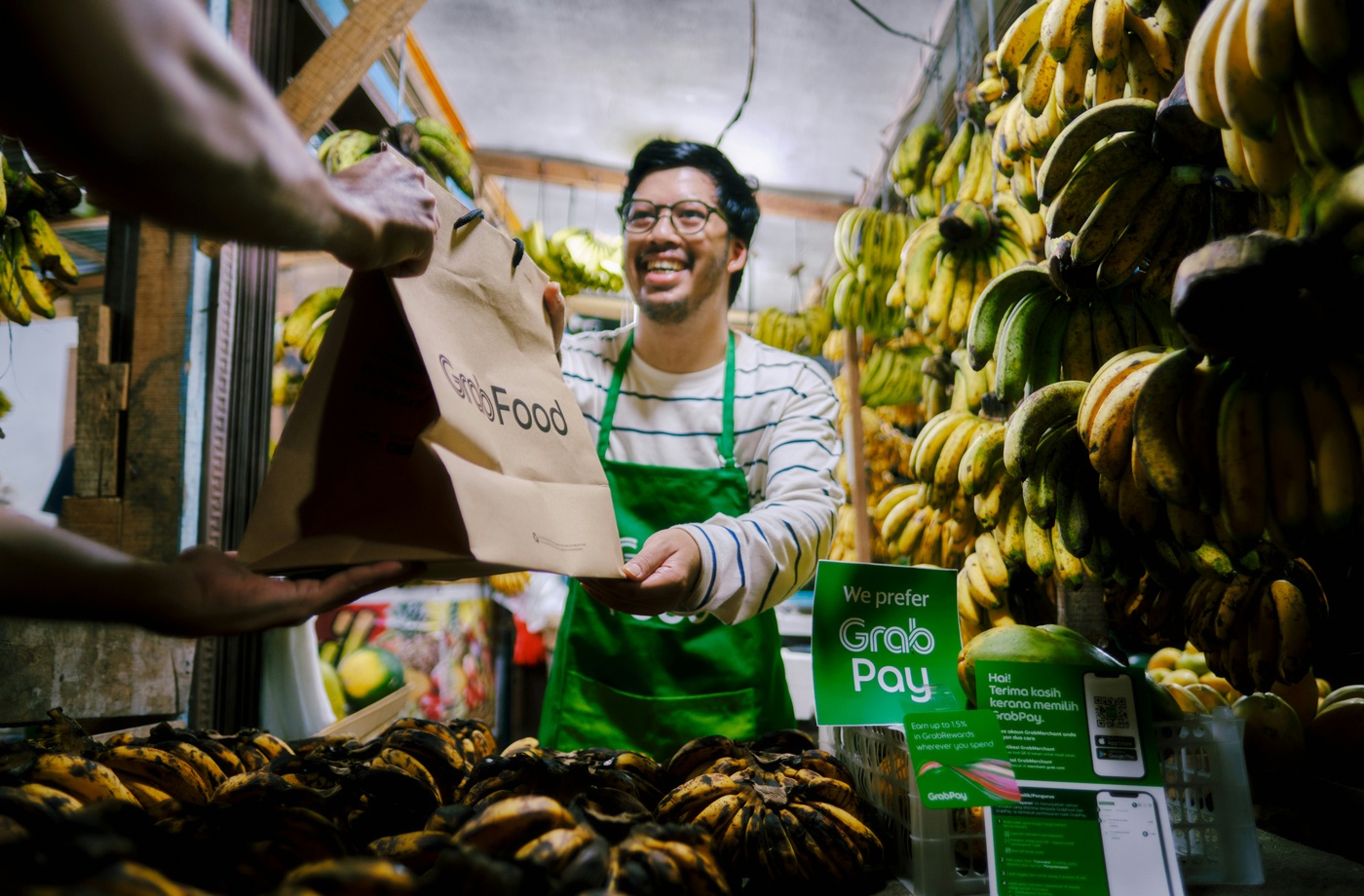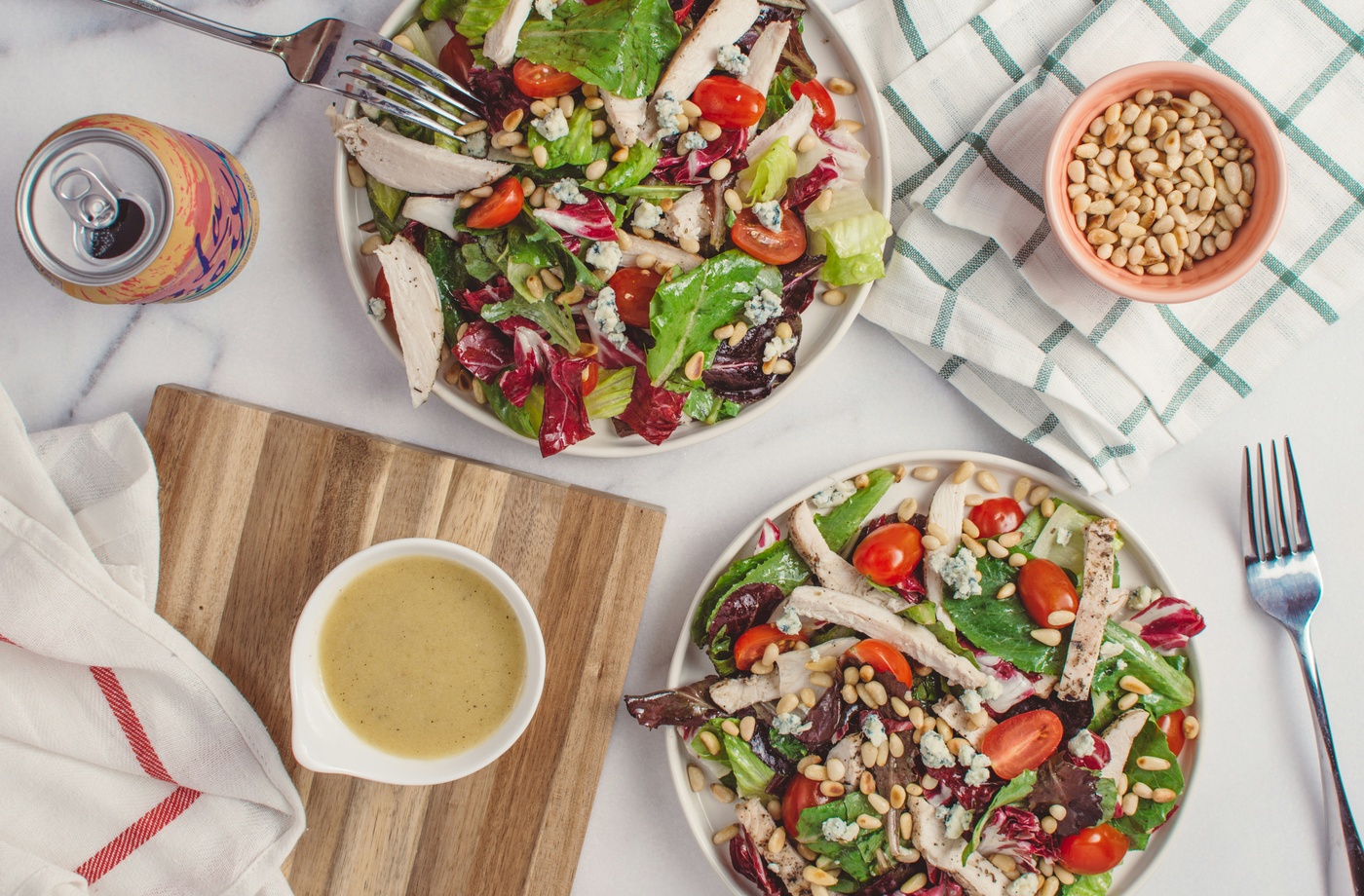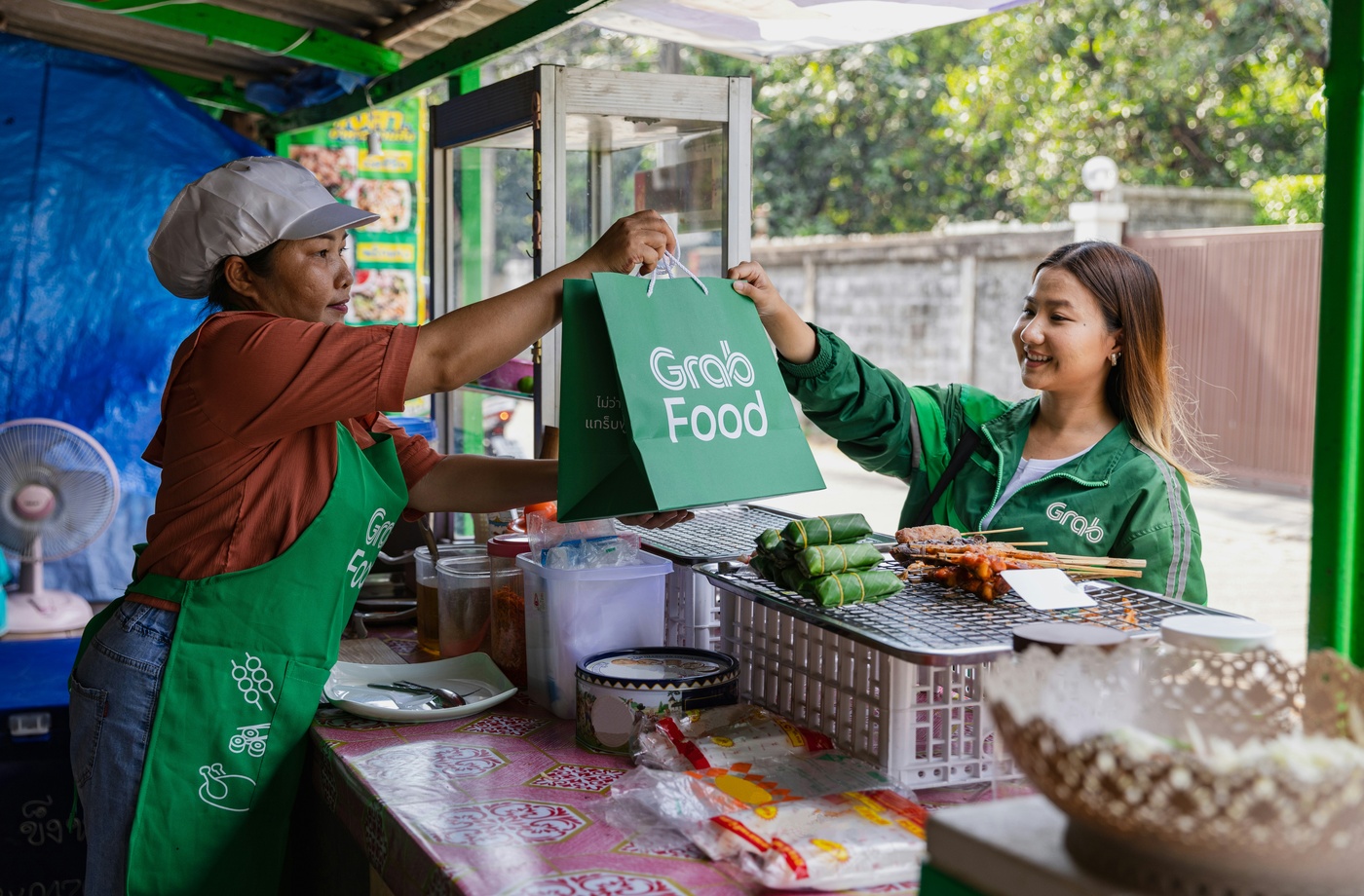Organic food often carries the reputation of being expensive and out of reach for budget-conscious shoppers. But is that always true? With the right strategies—and the smart use of cashback tools—eating organic can be much more affordable than you might think.
Why Organic Costs More (and When It Does Not)
Organic farming practices typically avoid synthetic pesticides, antibiotics, and genetically modified organisms (GMOs). These practices can lead to higher production costs, which are passed along to the consumer. However, organic products are not always outrageously priced, especially when you know where and how to shop.
The USDA Organic Certification ensures that products meet strict government standards, so when you see the organic label, you can be confident about the farming practices behind it.
Strategies to Find Affordable Organic Items
- Shop Store Brands: Many major grocers, like Kroger’s Simple Truth Organic line, offer organic versions of staples at prices comparable to conventional options.
- Buy Seasonal and Local: Organic produce that is local and in season often costs less due to lower transportation and storage costs.
- Prioritize the Dirty Dozen: Focus your organic spending on the Environmental Working Group’s Dirty Dozen list—foods most contaminated by pesticides when grown conventionally—and buy non-organic for less vulnerable items.
- Look for Bulk Organic: Stores like BJ’s Wholesale Club and Sam’s Club often carry bulk organic goods at competitive prices, making it easier to stock up affordably.
- Use Cashback Apps: Offset organic grocery costs by leveraging rewards and cashback offers through apps like Rakuten, Ibotta, and Fluz.
How Fluz and Other Cashback Apps Make Organic More Affordable
Fluz allows you to buy discounted grocery gift cards for stores like Safeway, Albertsons, and Kroger—places that often feature a wide organic selection. Instead of paying full price at checkout, you purchase a gift card through Fluz, earn instant cashback, and use that card to pay for your organic groceries.
Similarly, Ibotta frequently offers rebates on organic brands, and Rakuten sometimes features cashback on online organic grocery orders. Using these apps together can make a significant difference on higher-priced organic items.
External Resources to Compare Organic Grocery Costs
Before assuming organic is too expensive, it helps to check current price comparisons. Resources like Consumer Reports’ Organic Food Cost Guide offer up-to-date insights on when and where organic items are priced competitively.
Final Thoughts: Can Organic Be Budget-Friendly?
Affordable organic groceries are not a myth—but finding them takes a little extra effort. Shopping strategically, buying seasonally, prioritizing key items, and using cashback apps like Fluz can make eating organic realistic even on a modest budget.



